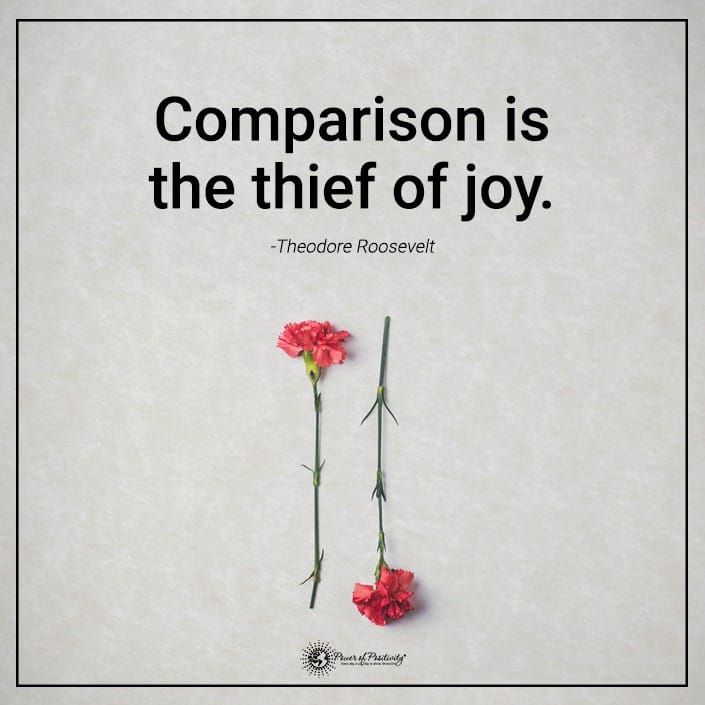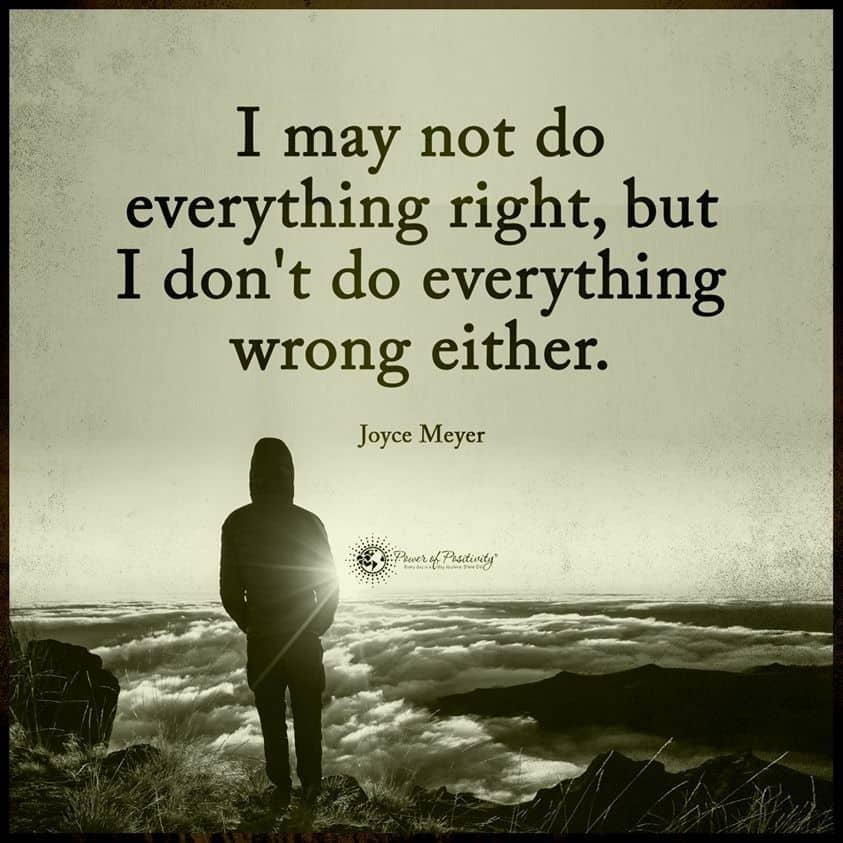Everyone has acted wrongly and felt guilty afterward. It can cause you to have negative thoughts, making it hard to forgive yourself. You may wonder what you can do to make it easier to forgive yourself. Here are some suggestions that may help you.
What is forgiveness?
Perhaps you’ve done something that hurt another person’s feelings. Maybe you knew it was wrong, but you still did it. It’s human to do these things, and it’s important to apologize when you’ve hurt someone.
Forgiveness is letting go of your anger toward someone who has done you wrong to stop requiring payment for what they did. It’s a willingness to stop holding that person hostage in your heart for what they did. It doesn’t mean you trust them or think that what they did was okay. It merely means you let go. You are at peace, you may still feel the sting of what they did, but you aren’t going to try to get revenge.
What about forgiving yourself?
But there is another side to forgiveness. Studies show that unforgiveness can make you dislike yourself and believe you’re not worthy of trust and love. To deal with these thoughts about yourself, it’s essential to forgive yourself.According to the National Library of Medicine at the National Institute of Health, the self-forgiveness is the following:
a willingness to abandon self resentment in the face of one’s own acknowledged objective wrong, while fostering compassion, generosity, and love towards oneself.
How do you deal with your past mistakes and forgive yourself?
There are many ways to incorporate self-forgiveness in your life. Here are some practical habits to forgive yourself and move on.
1 – Resist the urge to rehearse what you did wrong
It is disappointing when you do something unkind or tell a lie, but rehearsing what you did over and over again won’t make you feel better about it. It will only make things worse for you. You may begin to feel unworthy of love or trust. Once you’ve apologized to the other person or persons, it’s time to move on and forgive yourself. Resist the urge to beat yourself up about what you did wrong.
2 – Find faith in God
People of faith believe that God forgives them and helps them with self-forgiveness. They know they need help outside themselves to be able to forgive others and themselves. They also find support from their church community, who are learning about forgiveness. One study found that emotional support from fellow church members can make it easier to self-forgive. Most religions endorse forgiveness as a way to find personal peace and help. Knowing God has forgiven you can make it easier for you to forgive others and yourself.
3 – Take responsibility for what you did
No one is perfect. Everyone makes mistakes. When you mess up, like accidentally saying something hurtful, it’s essential to take responsibility for what you did. Trying to defend yourself usually backfires. Plus, not taking responsibility for the things you do will make you feel bad about yourself because you know you’re living a lie. Step up and take responsibility for your mistakes. It will help you be more at peace with yourself and others.
4 – Don’t condemn yourself
Self-condemnation won’t help you forgive yourself. These feelings will cause you to feel worse and can lead to depression or self-harm. If you’ve asked the person or persons for forgiveness, then you can be at peace and forgive yourself. If you have faith in God, ask God to forgive you, too.
5 – Take positive steps
If there are things you said you’d do but didn’t do them, like finishing a project at work or spending money on something you said you wouldn’t to your partner, you may feel guilty about it. Start a habit of going back and doing what you said you’d do. It can make self-forgiveness easier. Getting stuck by your feelings of guilt or shame about letting down your boss or partner won’t help you. Self-forgiveness enables you to take the proper actions to make right the wrongs you’ve done.
6 – Figure out your triggers
Some things in life trigger feelings of your unforgiveness. It may be something you associate with your childhood. There are some relationships or situations that can trigger an emotion, making it difficult for you to forgive yourself. Parents often struggle with self-forgive when they get mad at their kids or say something hurtful to their child. This guilt may trigger feelings they had as kids, so they try to make it up with buying gifts for their kids or over apologizing. Regret is a terrible substitute for asking for real forgiveness. Once you’ve apologized to your child, you can move on to self-forgiveness. Of course, you may need to find a way to control your anger because it can affect your child long term, but that is secondary to apologizing to your child and forgiving yourself.
7 – Change where you need to
If you find yourself repeatedly doing the same wrong thing, maybe it’s time to break free from this habit. If you’re always lying to your spouse or getting angry at work, perhaps you need to get some help. Taking the necessary steps to change in these areas can help you forgive yourself.
8 – Make amends if possible
If possible, try to make amends for what you did. Apologize personally to the person, or at least over the phone. Try to avoid text messages or email apologies. These don’t convey your full meaning and could be misinterpreted by the person you’re apologizing to. If possible, see if there is a way to make it up to them, maybe by replacing the thing you broke. It’s an essential step to fixing your mistakes so you won’t wonder if you could have done more to help the relationship.
9 – Ask yourself if you’re really at fault
It’s essential to make sure you are responsible for doing something wrong rather than being blamed for something you didn’t do. You should never apologize for something you didn’t do. If you are prone to feeling like you should be blamed for things you’re not responsible for, you may be suffering from past trauma or abuse. This causes feelings of guilt and shame for innocent sufferers. If you see this pattern in your life, talk with your pastor or counselor. They can help you work through these issues and get other help you may need.
10 – Learn from your mistakes
It’s impossible to live life without making mistakes. Maturity is not that you don’t make mistakes, but that you earn from your mistakes. You will remember what you did and try to avoid it next time. This lesson is an excellent deterrent to stop doing certain things.
11 – Keep yourself physically and mentally healthy
Mental health is vital to forgiving others and forgiving yourself. Here is a list of ways you can stay mentally healthy.
- Sleep: Get enough sleep every night. Lack of sleep affects your judgment and the way you relate to others. If you’re not getting enough sleep, you’ll be prone to irritability and anger. You won’t be patient with your kids or kind to your spouse. This impatience can lead to hurt feelings, and then you’re feeling bad about how you’re acting. It’s a vicious cycle that a good night’s sleep could cure.
- Get vitamin D: This vitamin is something called the sunshine vitamin. Vitamin D is vital for your mental health. It improves your mood and gives you more energy. If you live in a climate that doesn’t have much sun in the winter, you can take a supplement or use a light therapy lamp.
- Stay active: Staying physically fit will help your mental health. It helps reduce stress and boosts the chemicals in your brain that make you feel happy. Because of this, you’ll relate to others better and be more productive at work.
- Stay connected with people: Try to maintain connections with your friends and family. Even if you’re struggling with self-forgiveness, get with others. They will support you when you’re feeling disappointed in yourself. It can also help you get your mind off yourself and on to others.
Final thoughts on learning to forgive yourself for past mistakes
Doing wrong is a universal human problem. Perhaps when you did something wrong, you found it difficult to forgive yourself. Maybe you held on to resentment, which hindered your ability to forgive yourself. Try to incorporate some of these habits to see if they give you the ability to forgive yourself regularly. Hopefully, these ideas strengthen your resolve to break free from guilt and practice self-forgiveness.
















 Community
Community

